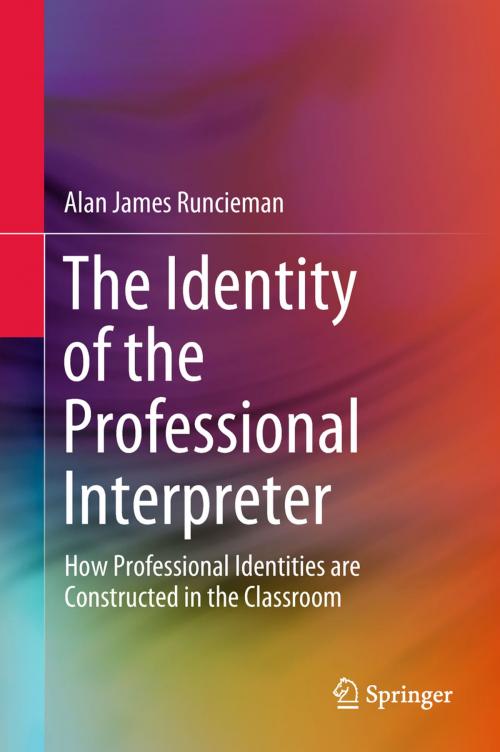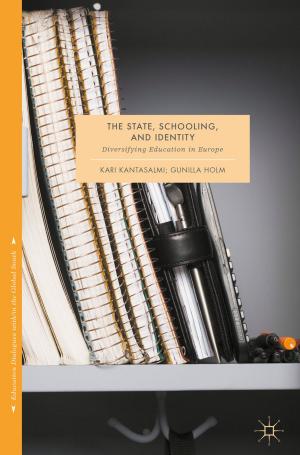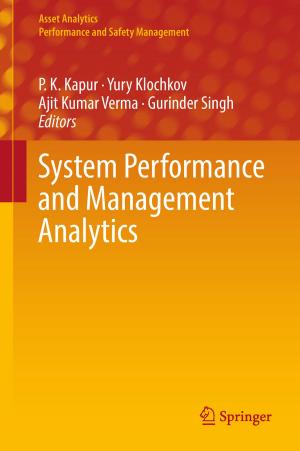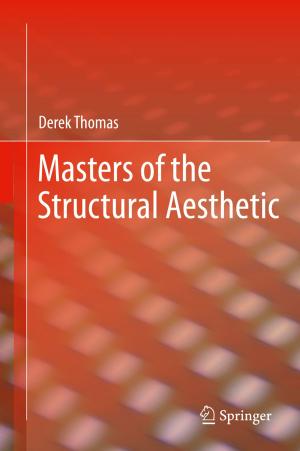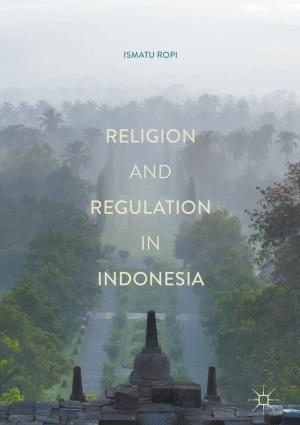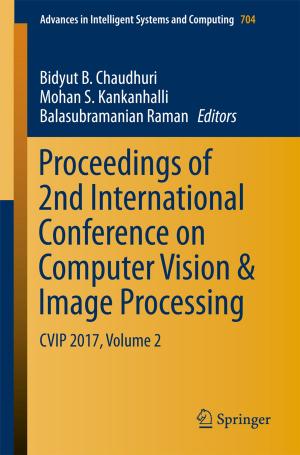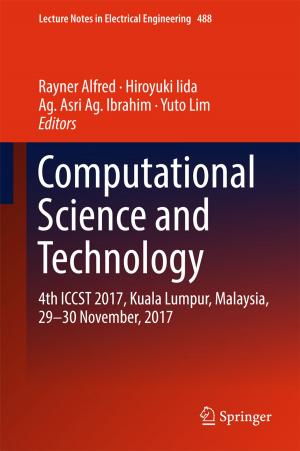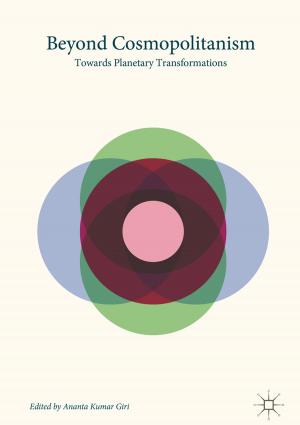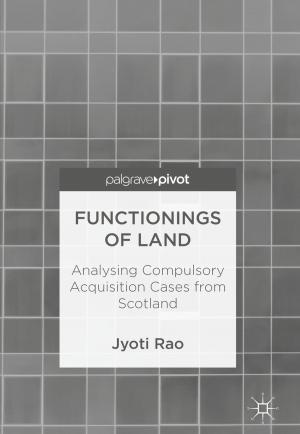The Identity of the Professional Interpreter
How Professional Identities are Constructed in the Classroom
Nonfiction, Reference & Language, Language Arts, Translating & Interpreting, Linguistics| Author: | Alan James Runcieman | ISBN: | 9789811078231 |
| Publisher: | Springer Singapore | Publication: | January 27, 2018 |
| Imprint: | Springer | Language: | English |
| Author: | Alan James Runcieman |
| ISBN: | 9789811078231 |
| Publisher: | Springer Singapore |
| Publication: | January 27, 2018 |
| Imprint: | Springer |
| Language: | English |
This monograph examines how higher education(HE) institutions construct ‘professional identities’ in the classroom, specifically how dominant discourses in institutions frame the social role, requisite skills and character required to practice a profession, and how students navigate these along their academic trajectories. This book is based on a longitudinal case study of a prestigious HE institution specialising in training professional interpreters.
Adopting an innovative research approach, it investigates a community of aspiring professionals in a HE context by drawing on small story narrative analysis from an ethnographic perspective to provide emic insights into the student community and the development of their social identities. The findings (contextualised by examining the curricula of similar institutions worldwide) suggest that interpreter institutions might not be providing students with a clear and comprehensive picture of the interpreter profession, and not responding to its increasingly complex role in today’s society.
This monograph examines how higher education(HE) institutions construct ‘professional identities’ in the classroom, specifically how dominant discourses in institutions frame the social role, requisite skills and character required to practice a profession, and how students navigate these along their academic trajectories. This book is based on a longitudinal case study of a prestigious HE institution specialising in training professional interpreters.
Adopting an innovative research approach, it investigates a community of aspiring professionals in a HE context by drawing on small story narrative analysis from an ethnographic perspective to provide emic insights into the student community and the development of their social identities. The findings (contextualised by examining the curricula of similar institutions worldwide) suggest that interpreter institutions might not be providing students with a clear and comprehensive picture of the interpreter profession, and not responding to its increasingly complex role in today’s society.
